An example to illustrate:
#include <stdlib.h>
#include<stdio.h>
void simple_function(int s , int array[][s]);
int main(void){
int x;
/*Static 2D Array*/
int array[2][2];
/*Many Methods to Dynamically Allocate 2D Array....for example*/
/* Using Array of pointers*/
int *array1[2];
for(x=0;x<2;x++){array1[x] = calloc (2, sizeof(int));}
/*Using pointer to a pointer */
int **array2 = calloc (2, sizeof(int*));
for(x=0;x<2;x++){array2[x] = calloc (2, sizeof(int));}
/*Using a single pointer*/
int *array3 = calloc (4 , sizeof(int));
/* Codes To Fill The Arrays*/
/*Passing the Arrays to the function, some of them won't work*/
simple_function(2, array); /*Case 1*/
simple_function(2, array1); /*Case 2*/
simple_function(2, array2); /*Case 3*/
simple_function(2, array3); /*Case 4*/
return 0;
}
void simple_function (int s, int array[][s]){
int x,y;
for(x=0;x<s;x++){
for(y=0;y<s; y++){
printf ("Content is %d\n", array[x][y]);
}
}
}
My Question: Is there a way to write the signature of the simple_function to let it accepts all cases regardless of the method that the user chose? If not, what is the most preferable for the function if I want to make a library?
